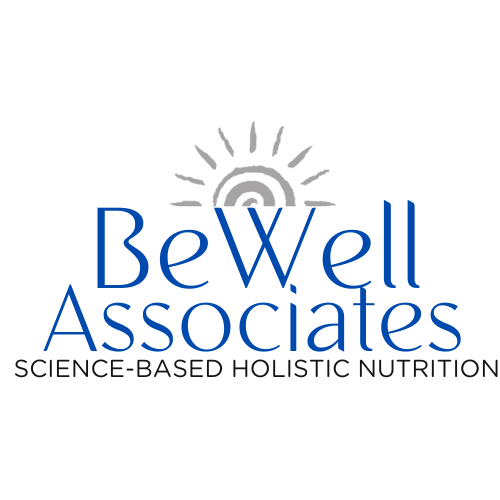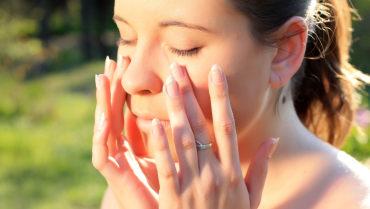We’re officially in the balmy days of late summer rolling into autumn. The time when school starts, sports pick up, and, of course, family routines kick it into high gear. At BeWell Associates, we know that for many moms September is one of the most exhausting times of the year. With the addition of new activities and the sun still shining until nearly 9 p.m., it can be easy to find yourself struggling to get enough sleep.
In today’s article, we’re going to look at the influences that impact sleep, why sleep medications aren’t a reliable solution, and how you can get consistent, quality sleep.
To begin, let’s dig into some of the most common and potent negative sleep influences you’ve likely not considered.
Are you a late summer and autumn allergy sufferer? If the plumes of August through October pollen cause itchy eyes, congestion, or other allergic-type reactions, the release of histamine in your body may also contribute to – you guessed it – poor sleep! Histamine can function as a brain stimulant, promoting wakefulness, behavioral changes, and even insomnia. This is why antihistamines make you sleepy. But we don’t recommend repeatedly reaching for over the counter antihistamines for sleep! There are more holistic remedies available, without side effects.
And how about stress? Does September signal a steady uptick in your stress? Stress can also negatively impact sleep through cortisol dysregulation. During periods of stress, the adrenal glands produce cortisol as part of a normal response. Cortisol gets a bad reputation because it’s “the stress hormone,” but a better way to think of it may be as “the stress band aid.” The band aid isn’t the problem, the problem is the injury (or, in this metaphor, the stressor!). To complicate the issue, both high (too many band aids) and low (too few band aids) cortisol can cause insomnia-like symptoms. This is why testing is key to creating a personalized treatment plan, but more on that later…
And finally, low progesterone can also contribute to poor sleep. Low progesterone often presents as waking in the middle of the night and not being able to get back to sleep for more than 20 minutes at a time. Progesterone levels are lowest in the week prior to a menstrual cycle, so try tracking your sleep in parallel with your cycle to see if this may be a contributor for you. Women in perimenopause and postmenopause are most at risk for chronic low progesterone.
While this list may feel a bit overwhelming (and there are certainly more potential contributors to poor sleep than just the three discussed here), let us reassure you there are many tools in the functional nutrition tool-belt to address each of these.
First, let’s look at what’s not a tool we advocate for – sleep medications. Prescription sleep aids often work on neurotransmitters such as the serotonin pathways with a sledge hammer-like effect. This can leave users groggy even hours after waking. Plus, perhaps more importantly, they don’t address the root imbalance. The histamine, cortisol, or hormone dysregulation marches on in the background, continuing to put stress on the body’s systems. In addition, over the counter sleep aids shouldn’t be used more than occasionally.
So what can you do to improve your sleep for good rather than just one night here and there?
First, if you’re experiencing seasonal histamine symptoms such as eye/ear/nose itching, skin rashes, flushing, or runny nose/congestion, one of your most powerful tools is a low histamine diet protocol. Remove high histamine foods from your diet for 3-4 weeks and monitor for improvements in both allergy symptoms and sleep. Your BeWell Nutritionist can guide you through this process. Once you feel relief from histamine intolerance, you’ll never want to go back!
Second, don’t guess, test! Both cortisol and progesterone levels can be tested to determine if these are at the root of your summer sleep woes. Like mentioned previously, both high and low cortisol can cause insomnia-like symptoms. This is why testing is so important. In order to create the right program for you, we must be certain if cortisol needs to be encouraged or reduced, and at what times. Both cortisol and progesterone can be tested through a simple saliva sample test kit available through BeWell.
Finally, there are several supplements that can support higher quality, longer sleep without the potential complications of prescription and over the counter sleep aids. With so many options and possible routes forward, it’s important you consult with your BeWell Nutritionist for guidance on the right next steps for you. Your clinician can also guide you through lifestyle tips, home environment tweaks, and sleep hygiene hacks to help mom get her much needed Zs this season.
Contact us today to be well on your way to maximizing your energy!






Add Comment